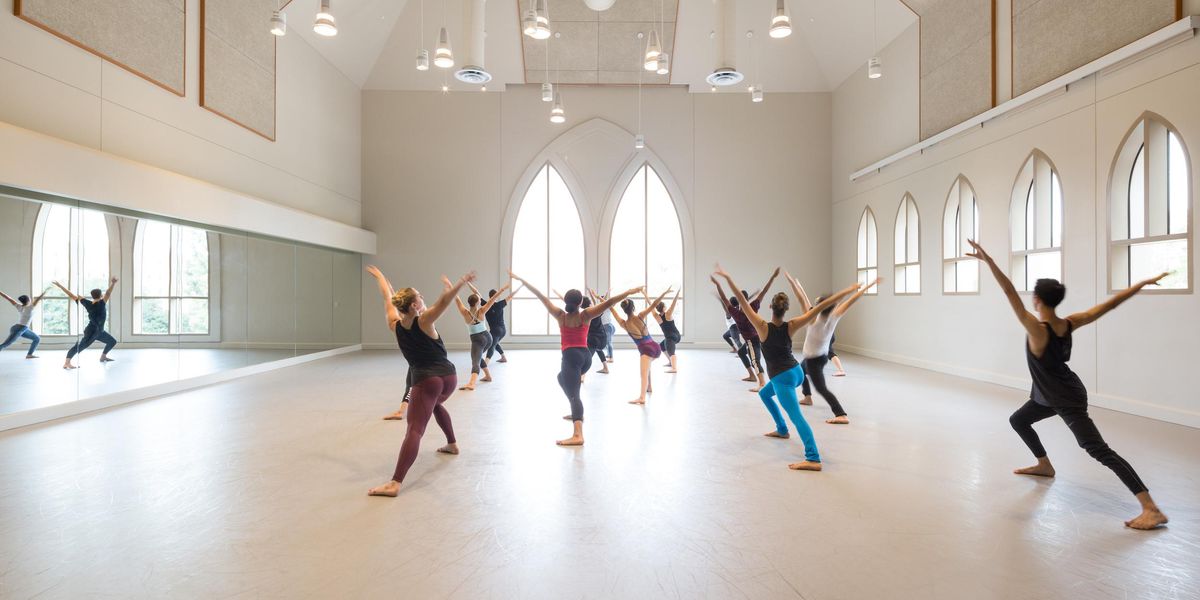Pennsylvania Ballet Loses More Than a Third of Its Dancers
Photo by Jim Lafferty
Angel Corella is making major moves at Pennsylvania Ballet: The Philadelphia Inquirer reported last night that of the company’s 43 dancers, 12 did not have their contracts renewed for next season, and five have decided to leave.
It’s no surprise that Corella is making some changes to the roster (this is the first season he’s allowed to do so under union rules). He’s moving the company away from its Balanchine roots to more contemporary rep and classical full-lengths. And his casting first-year apprentices as Kitri and Basilio in Don Quixote last month made it clear he was ready to shake things up.
But I don’t think anyone outside the company expected the turnover to be quite this large.
Among the dancers let go were longtime principals Francis Veyette and Brooke Moore. Principal Lauren Fadeley (Veyette’s wife) chose to leave to become a soloist at Miami City Ballet. Soloist Evelyn Kocak was also let go, and told the Philadelphia Inquirer she plans to pursue freelance work in New York City.
Taking the place of the former principals are current soloists Lillian DiPiazza, Mayara Pineiro and Oksana Maslova, who will be promoted next season. (Pineiro and Maslova were both Corella hires last season.) American Ballet Theatre corps member Sterling Baca will join as a principal, while his girlfriend Nayara Lopes of Dance Theatre of Harlem has been hired as part of the corps. (The pair was featured on our January 2016 “25 to Watch” cover.) American Sara Michelle Murawski will also join as a principal after dancing at the Slovak National Ballet and Dayesi Torriente from Ballet Nacional de Cuba will join as a soloist.
It can’t be an easy time for any of the dancers there right now. A colleague forwarded me this blog post from Darius Barnes, a former New York City Ballet dancer who was among 11 corps members laid off during the recession in 2009. He definitely relates to the Pennsylvania Ballet dancers’ predicament: He writes about the anger, confusion and embarrassment that comes with this kind of very public regime change, and the difficulty of not knowing where your career goes from here. Dancers have so few years to dance, and contracts are never easy to come by. Losing a dance job isn’t just about losing your paycheck—it often means you’ll have to move to an entirely new city, and say goodbye to daily contact with friends who feel as close as family.
But what I love about Barnes’ post is how he reframes the situation: He reminds the dancers they have been freed from a situation that was no longer a fit for them artistically, a place where they were no longer appreciated. In his case, he went on to dance with Suzanne Farrell and DTH, then was a lead in Broadway’s Memphis, which led to several other Broadway roles. There’s always a new opportunity waiting for you out there—even if it might not be the one you initially hoped for.





